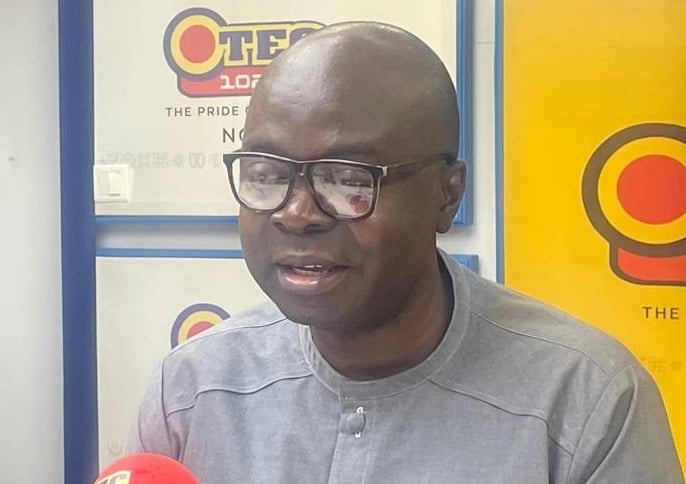The recent passage of the GoldBod Bill by the Ghanaian Parliament, establishing the Ghana Gold Board as the sole buyer of gold in the country, has sparked heated debate and raised concerns about its potential impact on the mining sector. Hon. Tweneneboah Kodua Fokuo, Deputy Ranking Member on Parliament’s Economy and Development Committee and MP for Manso Nkwanta, has been particularly vocal in his criticism, arguing that the move could exacerbate gold smuggling and stifle competition in the gold trade. He contends that the rushed nature of the bill’s passage prevented thorough scrutiny and consideration of alternative approaches that could have fostered a more dynamic and beneficial market structure.
Dr. Fokuo’s central argument revolves around the principle of competitive pricing. He maintains that a free market, where multiple buyers and sellers interact, leads to fairer prices and better value for all parties involved. By granting GoldBod a monopoly on gold purchases, the government has effectively eliminated this competition, potentially leaving small-scale miners with fewer options and potentially lower prices for their gold. This, he fears, could incentivize miners to seek out alternative, unregulated markets, thereby fueling the very smuggling activities the law intends to curb. The lack of competition could also discourage investment and innovation in the mining sector, ultimately hindering its growth and development.
The Minority in Parliament, of which Dr. Fokuo is a member, repeatedly voiced these concerns during the legislative process. They advocated for a more nuanced approach that would have allowed for a more competitive landscape while still addressing the issue of gold smuggling. However, the Majority, holding a numerical advantage, pushed the bill through despite these objections. This, according to Dr. Fokuo, highlights a concerning trend of insufficient debate and scrutiny of crucial legislation, potentially leading to unintended negative consequences for the economy.
The government, on the other hand, has hailed the GoldBod Bill as a landmark achievement, portraying it as a key instrument for stabilizing the cedi, boosting revenue from gold exports, and enhancing the traceability of gold sourced from small-scale miners. The establishment of GoldBod as the sole buyer is presented as a necessary step towards achieving these objectives, particularly in curbing smuggling and securing Ghana’s pursuit of LBMA certification. This certification, a globally recognized standard for gold trading, is seen as crucial for enhancing Ghana’s credibility in the international gold market.
However, Dr. Fokuo remains skeptical of the government’s claims. He doubts that the new law will effectively address the challenges facing the mining sector, arguing that the lack of competition will ultimately undermine its growth potential. He further questions the government’s ability to effectively manage a monopoly of this scale, pointing to the potential for inefficiencies and corruption. He believes that a more market-oriented approach, with appropriate regulatory oversight, would have been a more effective and sustainable solution.
In essence, the debate over the GoldBod Bill centers on the fundamental question of whether a state-controlled monopoly is the best approach to managing the gold trade in Ghana. While the government argues that it is necessary for curbing smuggling and achieving international recognition, critics like Dr. Fokuo contend that it will stifle competition, potentially exacerbate smuggling, and ultimately hinder the growth and development of the mining sector. The long-term consequences of this legislation will undoubtedly have significant implications for the Ghanaian economy and the livelihoods of those involved in the gold mining industry. The efficacy of the GoldBod Bill and its impact on the mining sector will require careful monitoring and evaluation in the years to come.














